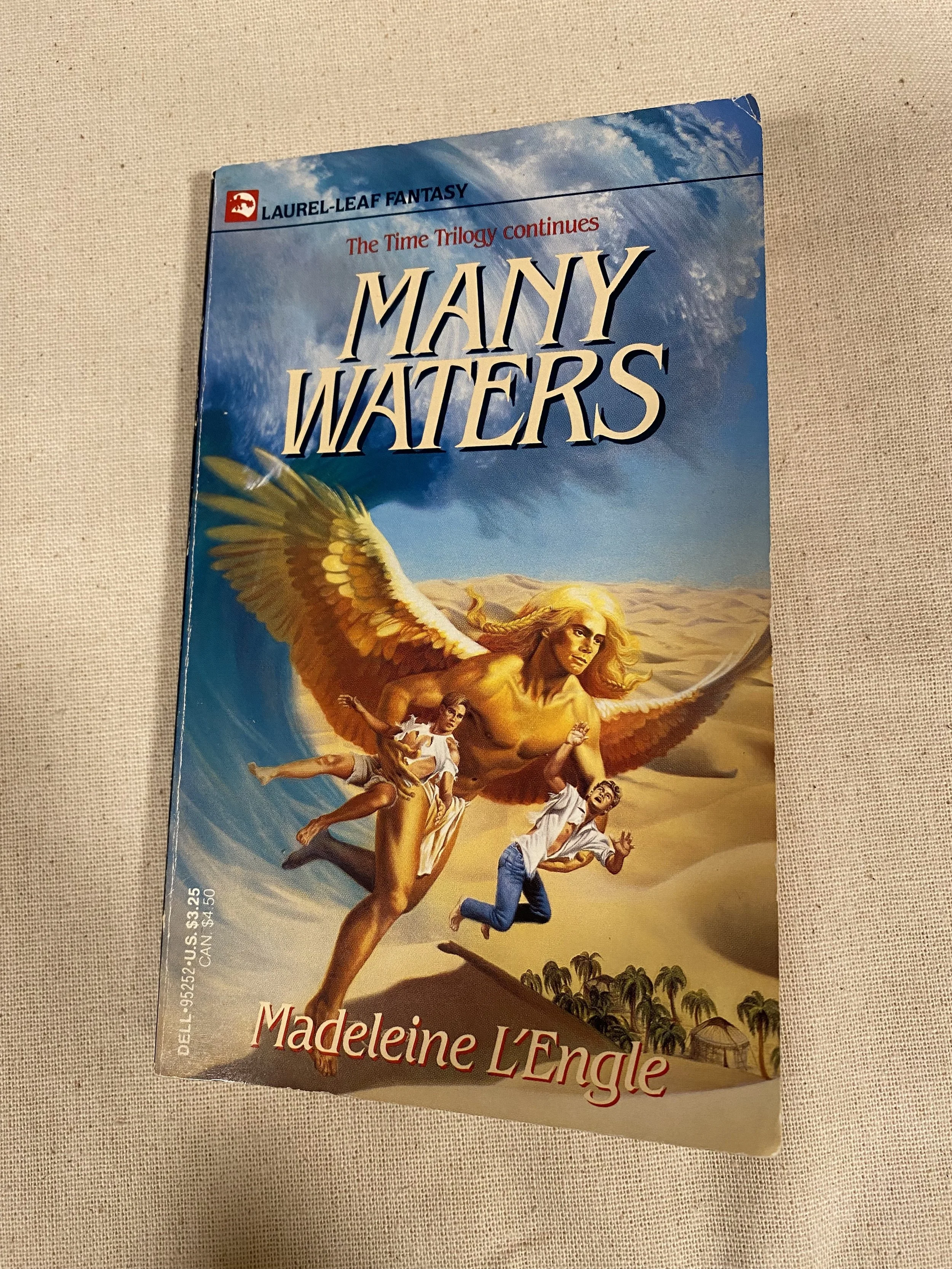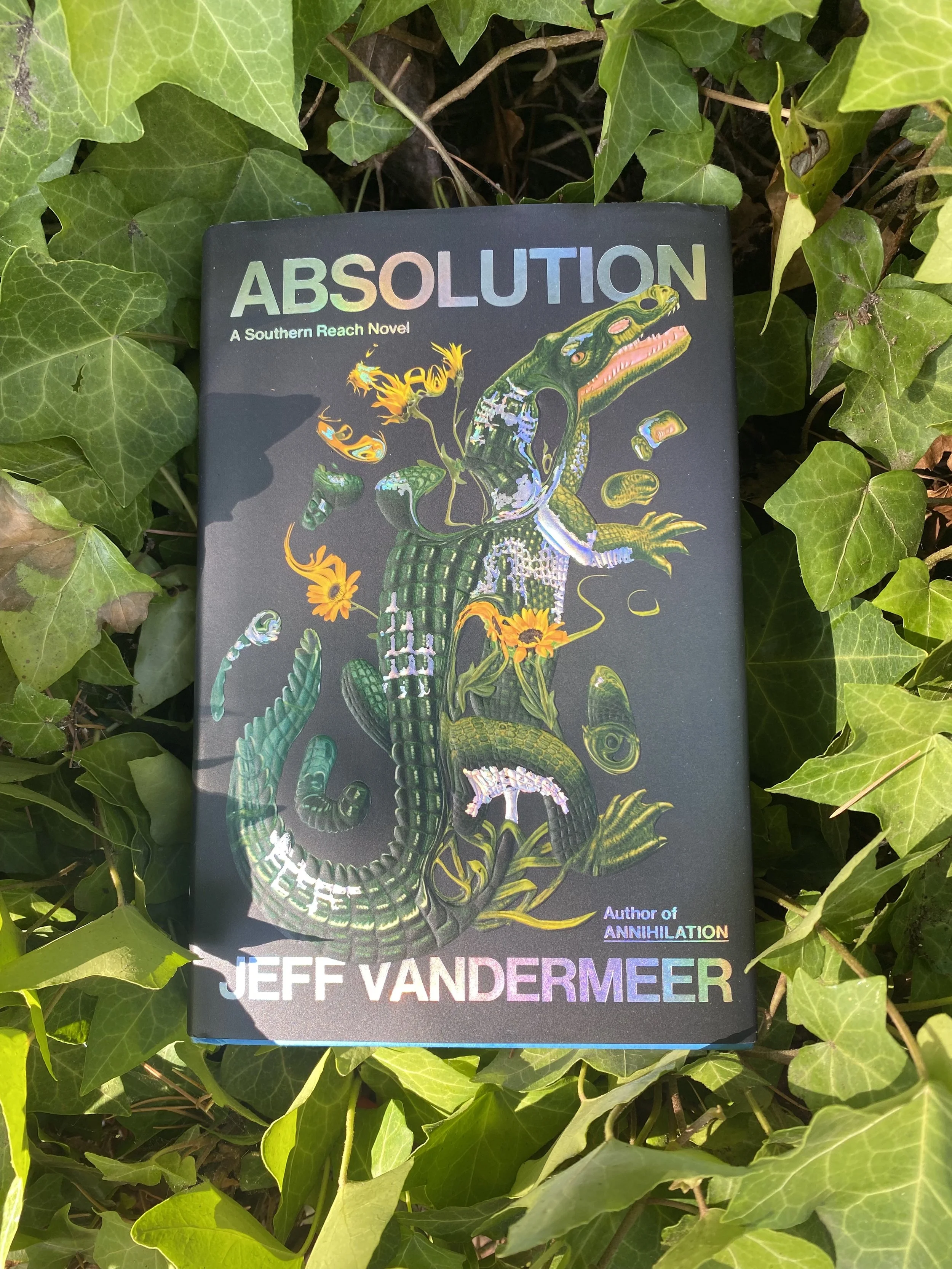3/5 stars
What's it about? in VanderMeer’s first novel, Nicolas meets the seemingly omniscient bioneer Quinn, setting off a chain of events that will affect the lives of his twin sister Nicola and Shadrach, her former lover. A gruesome thriller of beauty.
How’d I find it? I was strolling the shelves at Greedy Reads in Remington and picked up this copy.
Who will enjoy this book? This is Philip K. Dick mixed with Cronenberg body horror. You’ll like it, I swear!
What stood out? As I do in all my reviews of his work, I must praise VanderMeer’s gorgeous writing; his descriptions make even the grotesque seem sumptuous. The five stories that follow the novel round out VanderMeer’s world-building, and I can say I enjoyed the stories all the more for having already spent many pages in Veniss, corrupt city of the future.
Which line made me feel something? From the story “Detectives and Cadavers:” “I walked until I could hear it clearly: a chorus of reed-thin voices that reminded me of whale-song, of wind through hollow glass.”









